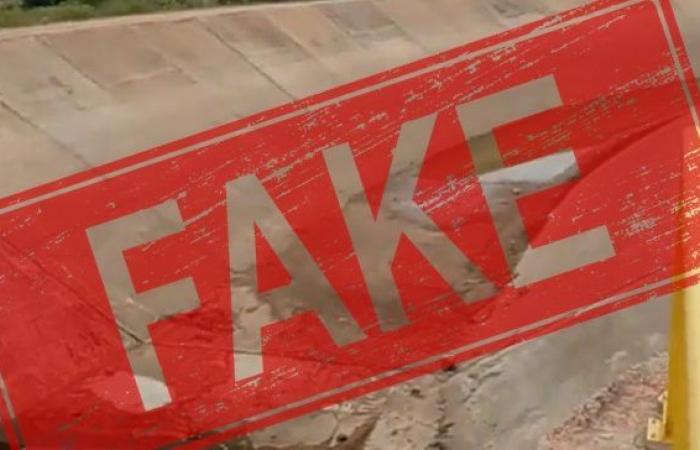The Supreme Court of the United States is analyzing, this Monday, the 18th, a case involving the Biden government’s communication with social media sites about posts that, according to the officials, contained false or misleading claims about vaccines against Covid-19 and the pandemic.
The debate, while centered on freedom of expression, also highlights the potential harm of medical misinformation, which experts say is becoming increasingly complex and difficult to identify.
“Everything is changing so fast, and it’s getting harder and harder for the average person to filter.”said Dr. Anish Agarwal, an emergency physician in Philadelphia for the The New York Times.
Posts about health with content not supported by science have proliferated on social media platforms. The same conspiracy theories that fueled vaccine hesitancy during the Covid-19 pandemic are now undermining confidence in vaccines against other diseases, including measles, as more people lose trust in experts and public health institutions. And rapid developments in artificial intelligence have made it even more difficult for people to discern what is real and what is fake online.
“We’re more aware that it’s not just a poisoned flow of information that people are receiving, but a feedback loop where we have loss of trust, and we have misinformation, and misinformation can lead to loss of trust.”said Tara Kirk Sell, a senior researcher at the Johns Hopkins Center for Health Security.
Experts recommend caution with posts about miracle cures and quick solutions that are not scientifically proven. “Check with your doctor, local public health agencies”advises Dr. Agarwal.
Stay vigilant about online claims that jump to conclusions without sufficient evidence or that appeal to your emotions, Dr. Sell advises. When you come across medical content online, ask yourself: Does any aspect of the message seem designed to engage you emotionally? Does the source correct itself when it makes a mistake?
Misinformation commonly includes “fake experts”, according to Sander van der Linden, professor of social psychology at the University of Cambridge, who researches disinformation. These are people who make health claims without any medical credentials, or doctors who make claims about topics outside their specialty. “You wouldn’t want to go to an ear and nose doctor for a heart operation.”he said.
Misinformation also often uses polarizing language, he said. “Bad influencers exploit intense and extreme emotional reactions such as fear and outrage, an ‘us versus them’ mentality, and scaring people.”, explains Sander van der Linden. Images and videos designed to provoke concern, such as footage of crying babies and huge needles, are widely used.
Some of the most common forms of health misinformation include old images presented as newer, snippets of quotes taken out of context, cherry-picked statistics, and misleading charts.
Whenever possible, try to trace the original source of information and see if key details have been omitted or changed, said Irving Washington, senior researcher on health misinformation and trust at KFF, a nonprofit focused on health policy.
He also recommends validating a radical or unlikely claim with multiple other credible sources of information, such as health agency websites.
Tags: Health misinformation viral
--





